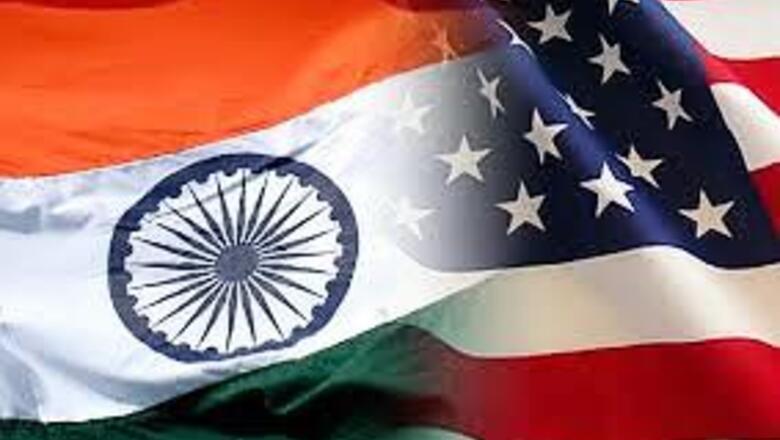
views
India and the US should put the "deeply regrettable" incident of arrest of an Indian diplomat behind them and re-focus on strengthening their relationship which has stagnated, a former American envoy to the country has said.
Frank Wisner said diplomats from the two nations should meet and negotiate consular privileges and immunities on a reciprocal basis so that future incidents can be avoided but going forward the real task for them is to make it a "priority to focus on the big strategic questions in our relationship."
"The (Devyani Khobragade) incident was a deeply regrettable event...I look at the Khobragade affair as a squall on an otherwise reasonably calm sea. In the short run it has upset the relationship and diverted attention," Wisner said in a teleconference organised by the Asia Society Policy Institute on the US-India relationship.
Wisner, who was US' Ambassador to India from 1994 97, said the India-American relationship has undergone a sea change in recent decades and "sadly, over the last four years, we have not seen real movement" in ties.
"There is no fundamental flaw, but there is a sense that economically and politically we are not moving ahead and fulfilling the promise of the relationship. And we have to be honest that a lot of things have gone wrong," Wisner said, adding that between the two governments there have been "many disappointments".
With India scheduled to go to polls later this year and a US Congressional election in 2014, Wisner said the time is right for the two sides to reflect on how to drive the ties forward and re-focus on strategic ties which bind them.
He noted that even in the waning days of the current Indian government, the two sides should push forward to settle some of the day-to-day problems.
Highlighting the three significant strategic issues that the two nations should focus on, Wisner said the US and India need to talk about Pakistan's future and the ways both countries can manage relations with Pakistan at a time of tension and danger and "what to do if things go wrong".
The US further needs India to understand how the situation in Afghanistan can be managed and how India can protect its national interests once US troops withdraw from the war-torn country by the end of this year, Wisner said.
He said India has a "fairly long list of grievances" regarding certain US policies on economy and politics.
Wisner said that the US Senate's draft of an immigration bill discriminates against Indian IT firms and "is rightly a big bone in India's throat".
On the issue of intellectual property rights also, there are continuing disputes as India tries to access cheaper medicines for its population.
The US too has certain issues that it would like India to address sooner rather than later.
"We have seen no development of Indian-American cooperation on nuclear energy because of the absence of an Indian law on civil nuclear liability. And the bilateral investment treaty is stuck," he said.




















Comments
0 comment